|
In the run-up to today’s International Harm Reduction Day, the 26th International Harm Reduction Conference (HR19) in Porto, Portugal, came to a close on May 1, 2019. With support from the USAID HIV/AIDS Flagship (UHF) Project, colleagues from Médecins du Monde (MdM), Medical Action Myanmar (MAM), Asian Harm Reduction Network (AHRN), and Community Partners International (CPI) had the opportunity to attend the biannual conference. HR19 is a chance for over a thousand harm reduction advocates, from lawyers and police officers to front-line workers and peer volunteers, to join together and share their experiences and learn from one another.[1] With the theme ‘People before Politics’, the conference provided a forum for participants to present the latest research and engage in discussions advocating for harm reduction to be at the forefront of legislators’ public health policies. Morgane Bernard-Harel and Jinten Assem from MdM; Dr. Ni Ni Tun of MAM; Ko Thiha Lin, Dr. Tint Naing Linn, Dr. Khaing Phyo Kyaw, Dr. Aung Yu Naing, all of AHRN; and Dr. Min Wai Lwin and Dr. Zin Min Oo of CPI presented posters from their work with people living with HIV (PLHIV) in remote areas of Kachin State. Their participation in the conference enabled them to present their results to the international community and helped them learn key strategies and knowledge about community support and harm reduction that they could bring back to Myanmar. In her presentation, Deputy-General of MdM, Morgane Bernard-Harel, explored a community-led approach to achieving HIV viral-load suppression among PLHIV in Kachin State who use drugs. She saw the conference as is a unique opportunity for knowledge-sharing, networking and discussion of best practices in the field of harm reduction. “This allowed me to learn about other progress and innovation around the world," she said. Dr. Ni Ni Tun, Medical and Research Advisor at MAM, presented the organization's work on 'bridging the gap' at the community level. She explained how MAM are deploying Community Health Workers to bring healthcare services to people who inject drugs (PWID), and not just bringing PWID to healthcare services. She said she was excited to meet “energetic and motivated harm reduction co-workers from around the world and share each other’s experiences…challenges of drug consumption rooms (DCR), community/satellite-based overdose prevention sites, and innovative harm reduction strategies were the most fascinating topics”. Ko Thiha Lin, Program Coordinator at AHRN, presented a poster titled, 'Overdose Management Activity Led By Peers'. The poster focused on the organization's work to overcome stigma and geographical barriers to respond to overdoses, enroll people who use drugs (PWUD) in services, and provide HIV services in remote areas of Kachin State. He was excited to join HR19 because, “through this conference I was able to share my experiences and learned how others groups overcome barriers to access to care and the critical role of peers to effectively reach these needed ambitions.” In his poster 'Change Your Lens: Change Your World! Reducing community stigma and discrimination, bridging the hard-to-reach user community to harm reduction services in Myanmar', Dr. Tint Naing Linn of AHRN shared the importance of involving the community in HIV prevention and treatment services for PWUD in Myanmar. He also learned from other participants, saying, “I look forward to sharing this experience and knowledge…in Myanmar, with innovations in harm reduction approaches, which is practical and convenient for our clients” Dr. Tint Naing Linn also shared results from three clinics providing methadone maintenance therapy (MMT) in Kachin State: 100% of clients received HIV testing, with 32% testing positive for HIV. Of those who tested positive, 73% were receiving antiretroviral therapy (ART), with 70% of AHRN’s patients who receive ART showing 92% viral suppression. These results were also shared by Dr. Khaing Phyo Kyaw, Medical Coordinator at AHRN. His poster, 'Methadone Service Key to Reach Viral Suppression Among PWID Receiving ART Treatment', underlined the importance of different approaches to harm reduction and HIV treatment to reach different populations. The conference, he said, “gives me a good learning experience with international harm reduction experts to broaden my knowledge in providing more quality harm reduction services to our clients in those hard-to-reach conflict areas”. AHRN's Health Director, Dr. Aung Yu Naing, presented the poster 'Scaling-Up Interventions to Improve the Health of Drug Using Migrants and Universal Access to HIV Testing Service in Myanmar'. He emphasized that, due to the high number of migrant workers in Myanmar, especially in Kachin State and because migrant PWUD have the double burden of stigma and transient lifestyles, it is crucially important to address their health needs. “Drug and health policy has great influence on people's health and creating a healthy workforce is the greatest asset of the country”, he said. Also discussing the health of migrant workers in Kachin was the UHF Project’s M&E Coordinator from CPI, Dr. Min Wai Lwin. His poster, “Desensitizing Local Static Community Using Community-Based Organizations”, addressed a lack of support and other barriers to HIV services for migrant goldmine workers in Kachin State who are living with HIV. He focused on the capability of the community to support or oppose harm reduction services, saying, “Our harm reduction activities need to trigger their kindness from heart and change their concept”. Dr. Zin Min Oo, UHF Program Manager at CPI, presented the poster 'Overcoming the Barriers of HIV Testing Among PWIDs in Remote Places' about the obstacles faced by migrant and other hard-to-reach communities. He noted that he learned about applicable and evidence-based experiences at the conference to share and practice in Myanmar. HR19 “helps me to improve my knowledge in global drug problems and learn how people from across the world, and particularly in Portugal, are addressing this challenge." In 2001, Portugal became the first country in the world to decriminalize drug possession and use.[1] Since this breakthrough, drug-related deaths and HIV infection rates have decreased dramatically.[2] It was not just the policy that caused this to happen, however: it was community support for PWUD that led to the law being changed and thus to the decrease in deaths and infections.
As the seven presenters noted throughout their presentations, community support is key to treatment for PWUD and people living with HIV. It is an essential part of the UHF Project’s innovative approach to providing HIV treatment and prevention services to key populations around Myanmar. The UHF project is funded by USAID under PEPFAR through UNAIDS Myanmar. CPI is providing project implementation support and management to partner organizations, including MdM, MAM, and AHRN. [1] https://www.hri.global/about-hr19 [2] https://www.theguardian.com/news/2017/dec/05/portugals-radical-drugs-policy-is-working-why-hasnt-the-world-copied-it Comments are closed.
|
AuthorUSAID HIV/AIDS Flagship Project Archives
December 2020
Categories |
|
|
COMMUNITY PARTNERS INTERNATIONAL
580 California St Fl 16, Ste 1658, San Francisco, CA 94104-1068, USA [email protected] +1 510 225 9676 We are a registered nonprofit 501(c)(3) Public Charity. TAX ID 94-3375666 |
©
Community Partners International

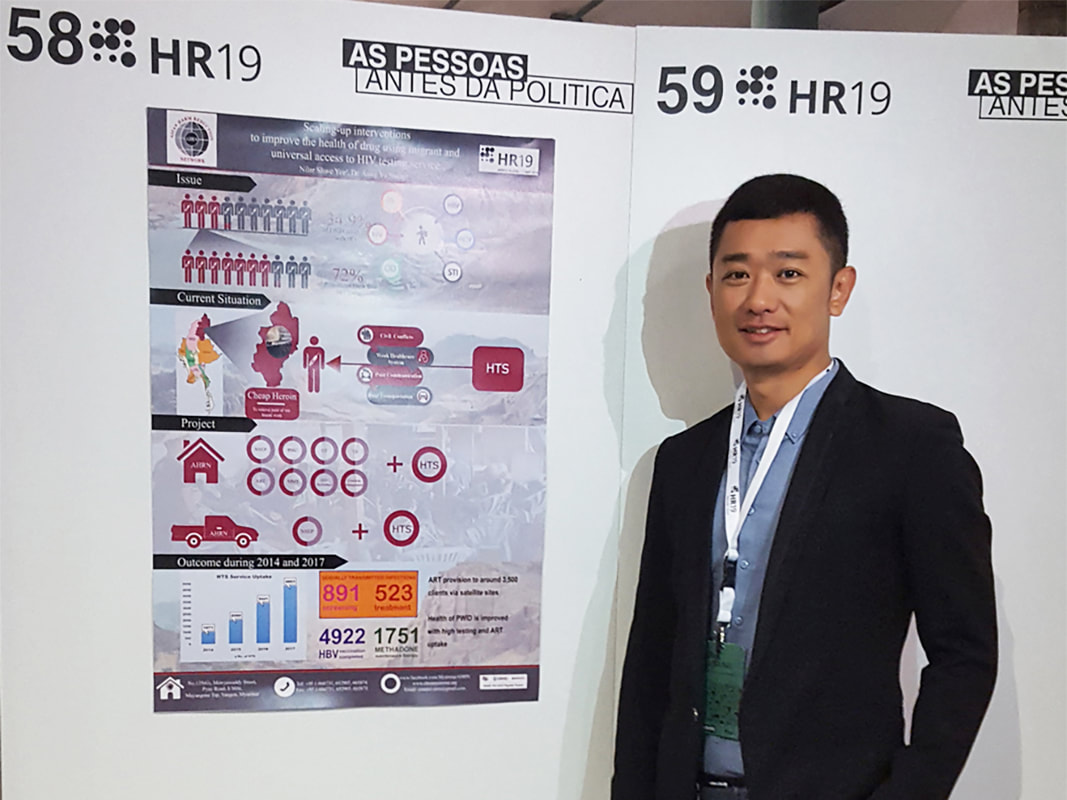
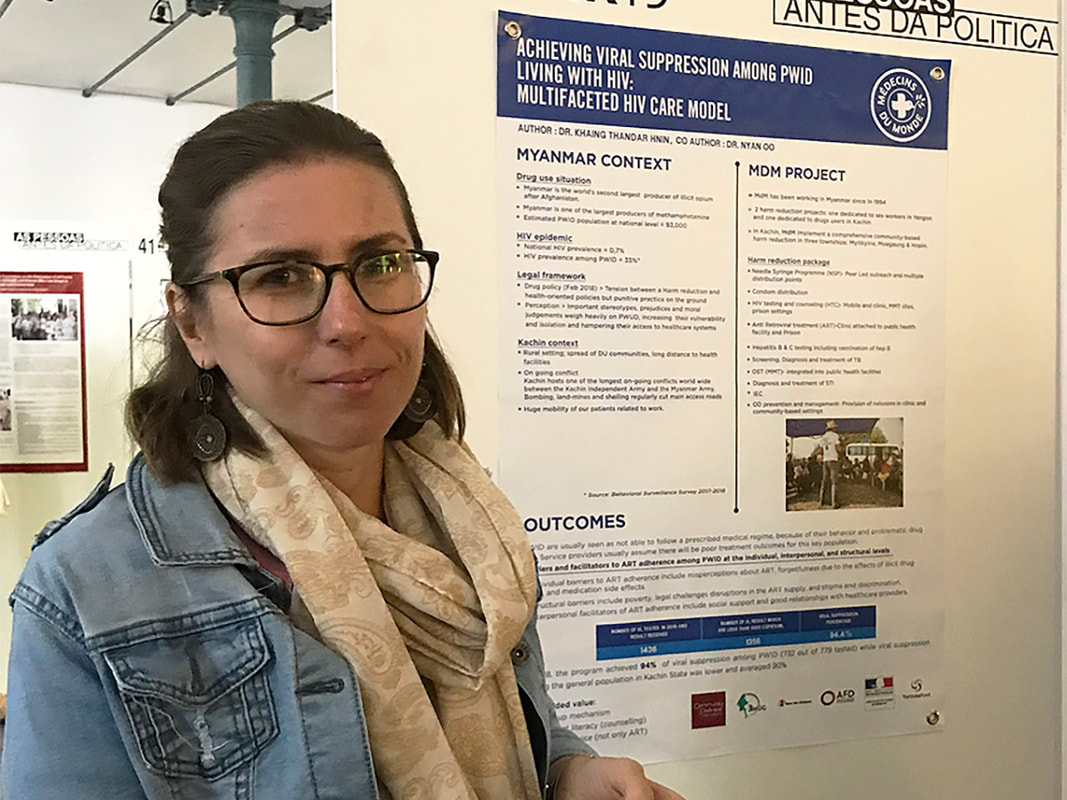
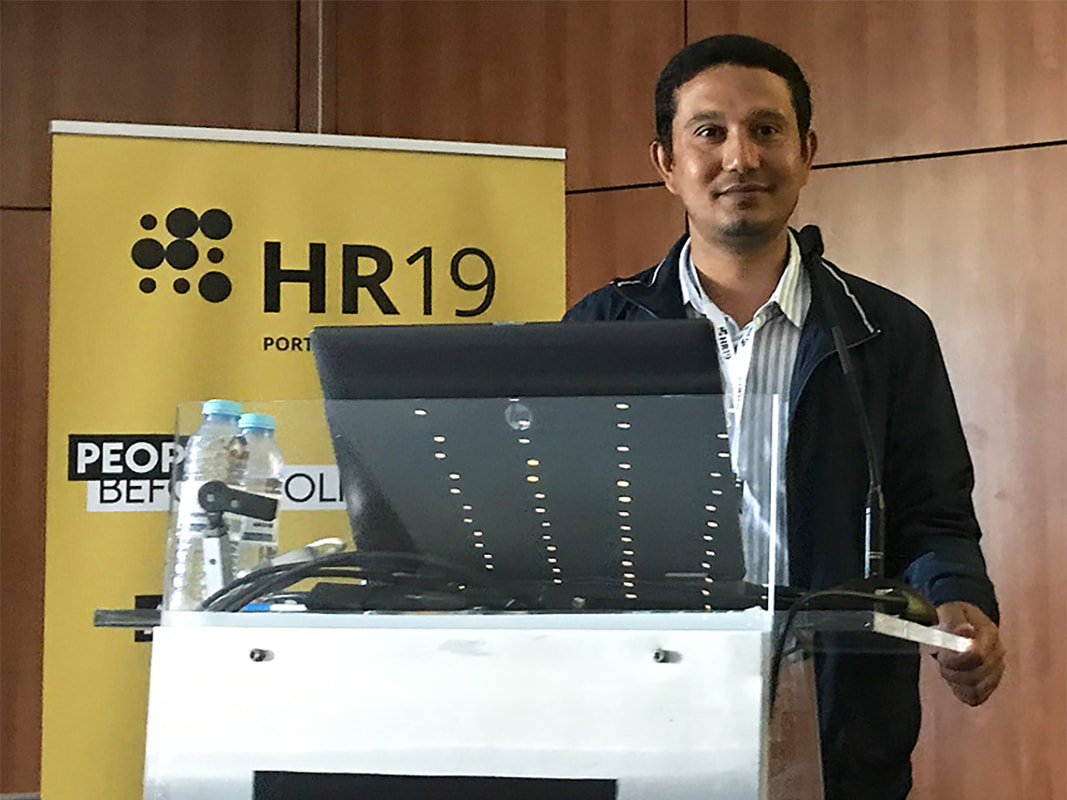
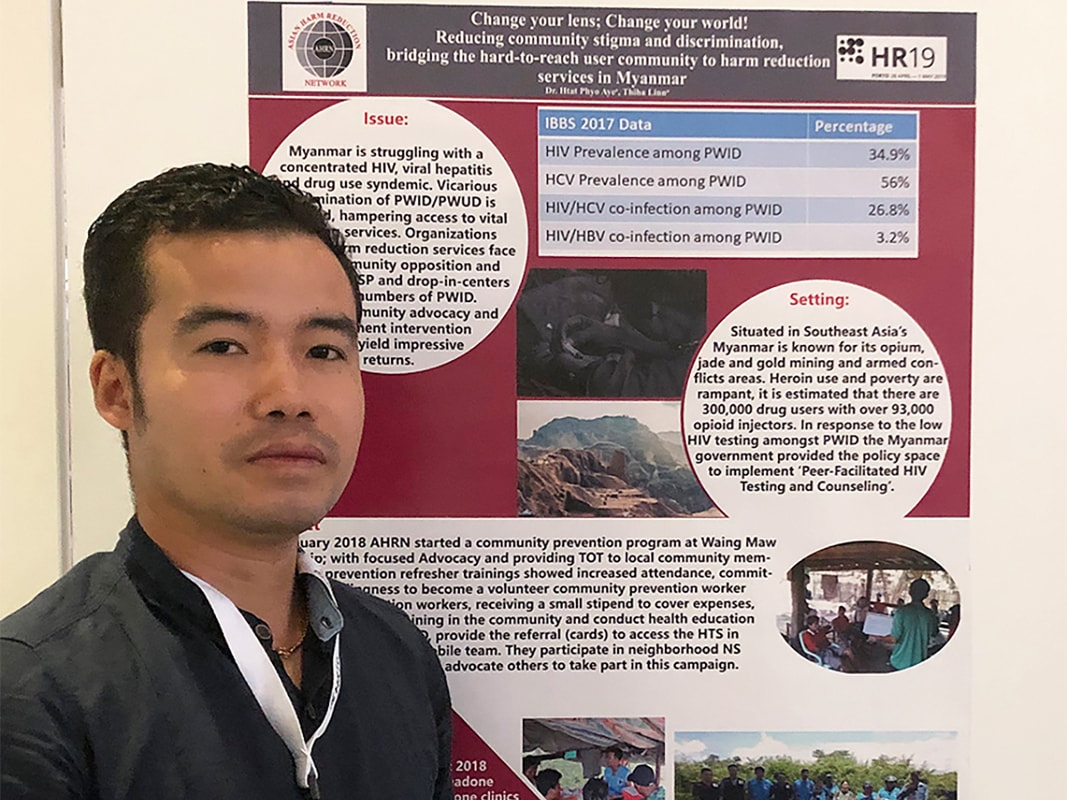
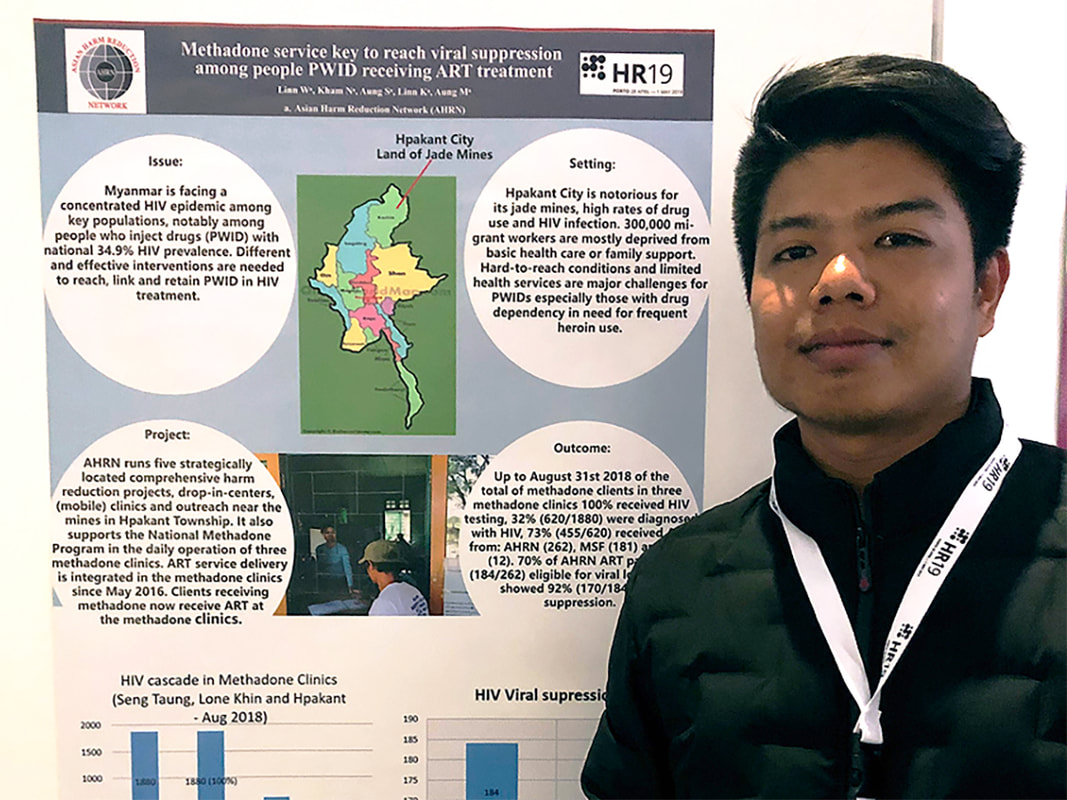
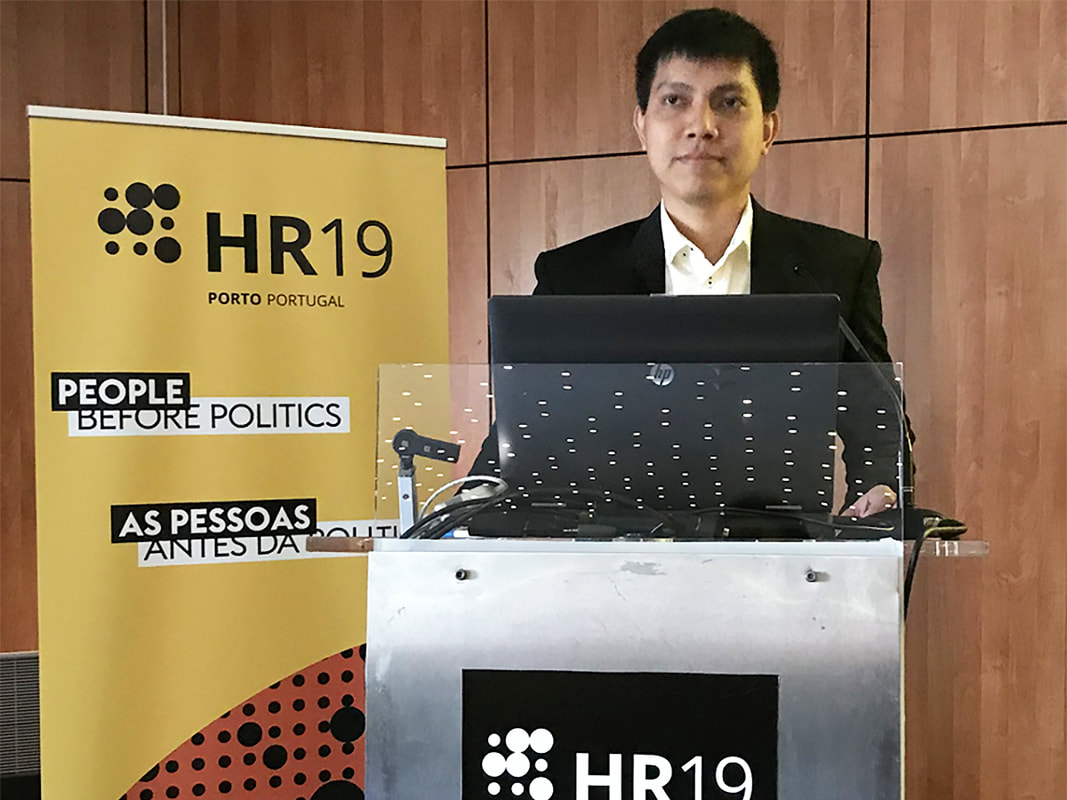
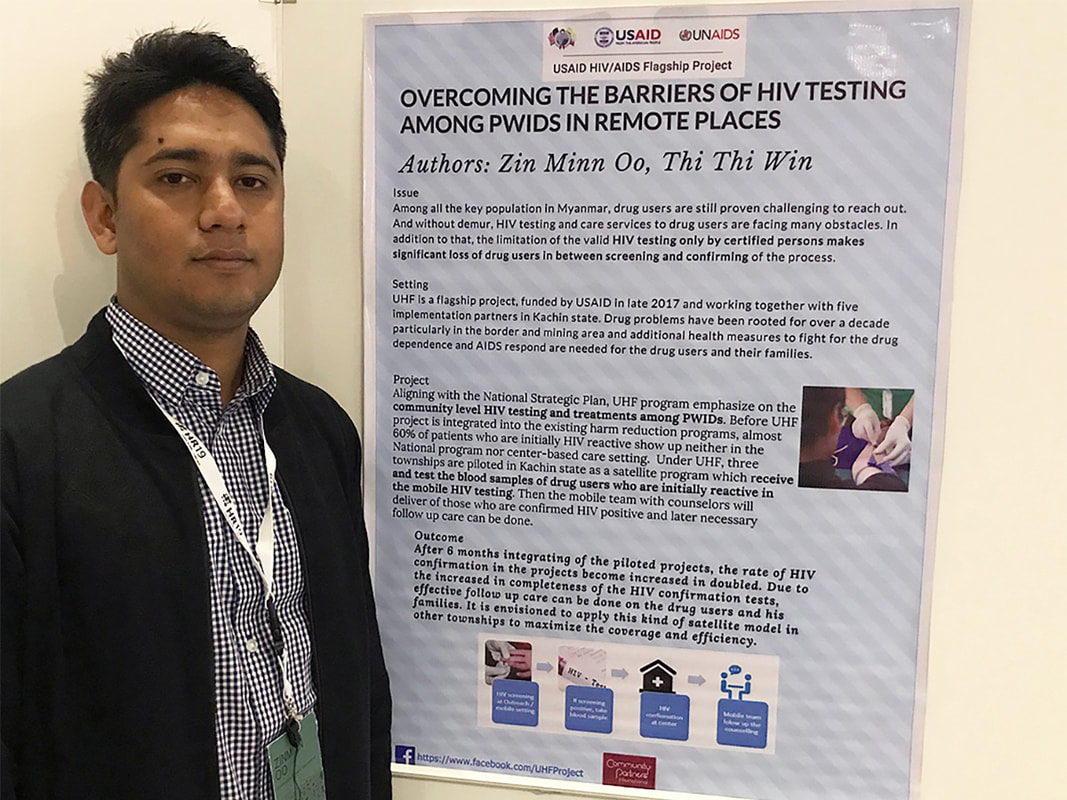
 RSS Feed
RSS Feed
